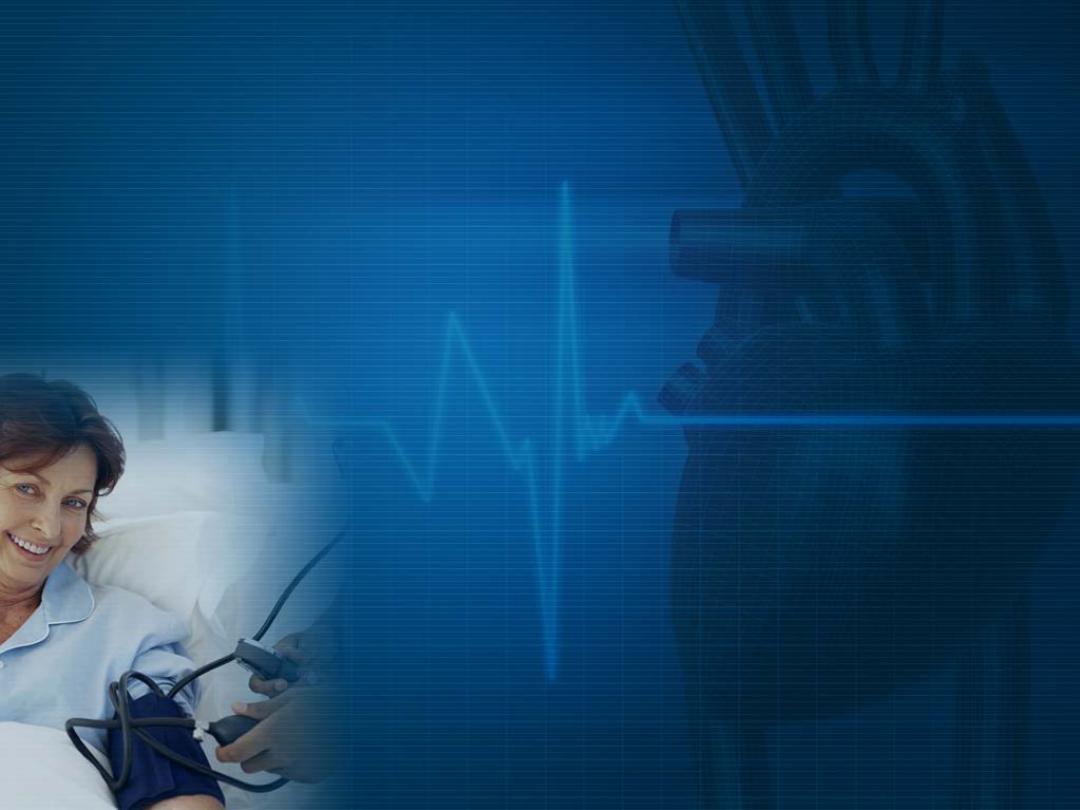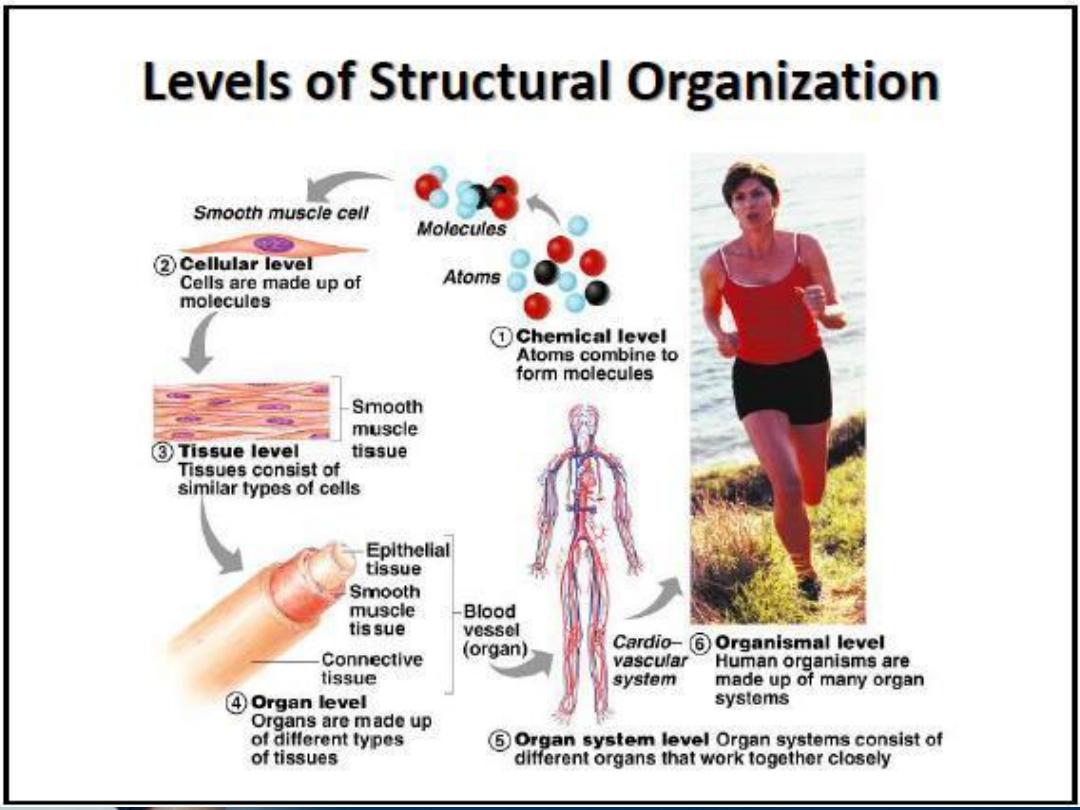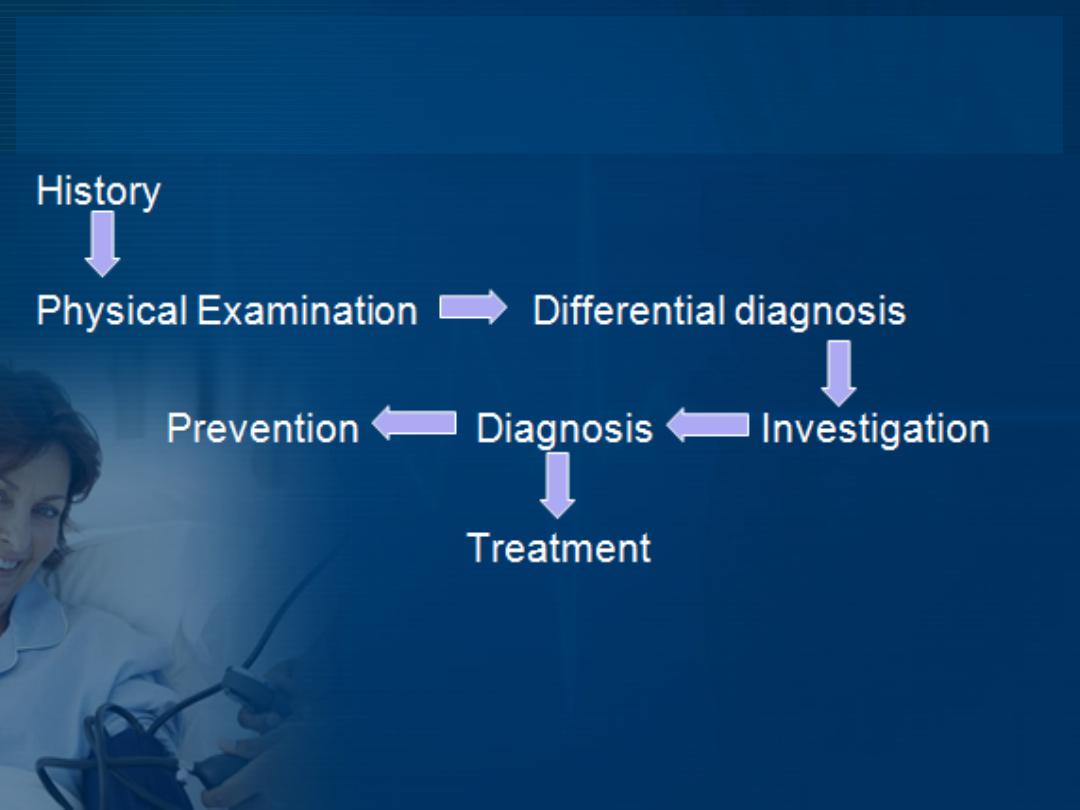
INTRODUCTION TO
MEDICINE
Dr.Bilal Natiq Nuaman
C.A.B.M. , F.I.B.M.S. , D.I.M. , M.B.Ch.B.
Lecturer in Al-Iraqia Medical College
2015 -2016


Basic Vs Clinical
•
Basic
• Examples
• Cytology ,
Biochemistry ,
Microbiology ,
Histology , Pathology
Ø deal with samples
from patients for
diagnostic purposes

Basic VS Clinical
•
Clinical
• Examples
• Internal Medicine ,
General Surgery ,
Ophthalmology,
Orthopedics ,Urosurgery,
ENT, etc….
Ø Deal with the patient
directly for diagnosis ,
treatment , and
counseling .

Internal Medicine
The branch of medicine that deals with the diagnosis and
nonsurgical treatment of diseases affecting adults within its
scope .
The
medical specialty
dealing with the prevention, diagnosis,
and treatment of adult diseases.
Doctors specializing in internal medicine are called
internists, or physicians

Scope of Subspecialties of Internal Medicine
Cardiology
, dealing with disorders of the
heart
and
blood vessels
Endocrinology
, dealing with disorders of the
endocrine system
and its specific secretions called
hormones
Gastroenterology
, concerned with the field of
digestive diseases
Hematology
, concerned with
blood
, the blood-forming organs
and its disorders.
Infectious Diseases
, concerned with disease caused by a
biological agent
such as by a
virus
,
bacterium
or
parasite

Nephrology
, dealing with the study of the function and
diseases of the
kidney
Pulmonology
, dealing with diseases of the
lungs
and the
respiratory tract
Rheumatology
, devoted to the
diagnosis
and therapy of
rheumatic
diseases.
Neurology
dealing with diseases of nervous system
Medical Oncology,
dealing with the chemotherapeutic
(chemical) treatment of
cancer
Poisoning and Critical Care

Internal Medicine , Management ,
sequence of roles
1-DIAGNOSIS
2-TREATMENT
3-PREVENTION

Medical Diagnosis
• Sequence of Diagnosis
• 1-
History
taking from patient (record patient
symptoms)
• 2-
Examination
of the patient (looking for physical
signs )
• 3-
Investigations
(done in lab. ,etc..)

Approach to patient = Management of patient

Symptom vs sign
• A
symptom(complaint)
is subjective feeling
from the patient point of view.
• A symptom is what the patient experiences about the
disease.
• Symptoms can only be experienced, they are not able to
be observed or measured objectively.
• Pain is a symptom. I do not know you are having pain
unless you tell me. Nausea is also a symptom, as are:
chills, numbness, fatigue, vertigo, malaise, itching,
stomach cramps, burning on urination, etc.

• A
sign
is an objective physical manifestation of
disease.
• It is an objective finding, something one can observe and
measure.
• A rapid pulse, a high temperature, a low blood pressure,
an open wound, bruising, etc. are all signs.
• Signs give a more definite indication of the presence of a
particular disease to the physician.
So in the simplest form, signs are observations
of the doctor and symptoms are the experiences
of the patient.

Patients commonly have complaints (symptoms). These
symptoms may or may not be accompanied by
abnormalities on examination (signs) or on laboratory
testing. Conversely, asymptomatic patients may have signs
or laboratory abnormalities, and laboratory abnormalities
can occur in the absence of symptoms or signs.

The fundamental basis of internal medicine is that
diagnosis should elucidate the pathophysiologic
explanation for symptoms and signs so that
therapy may improve the underlying abnormality,
not just attempt to suppress the abnormal
symptoms or signs.

